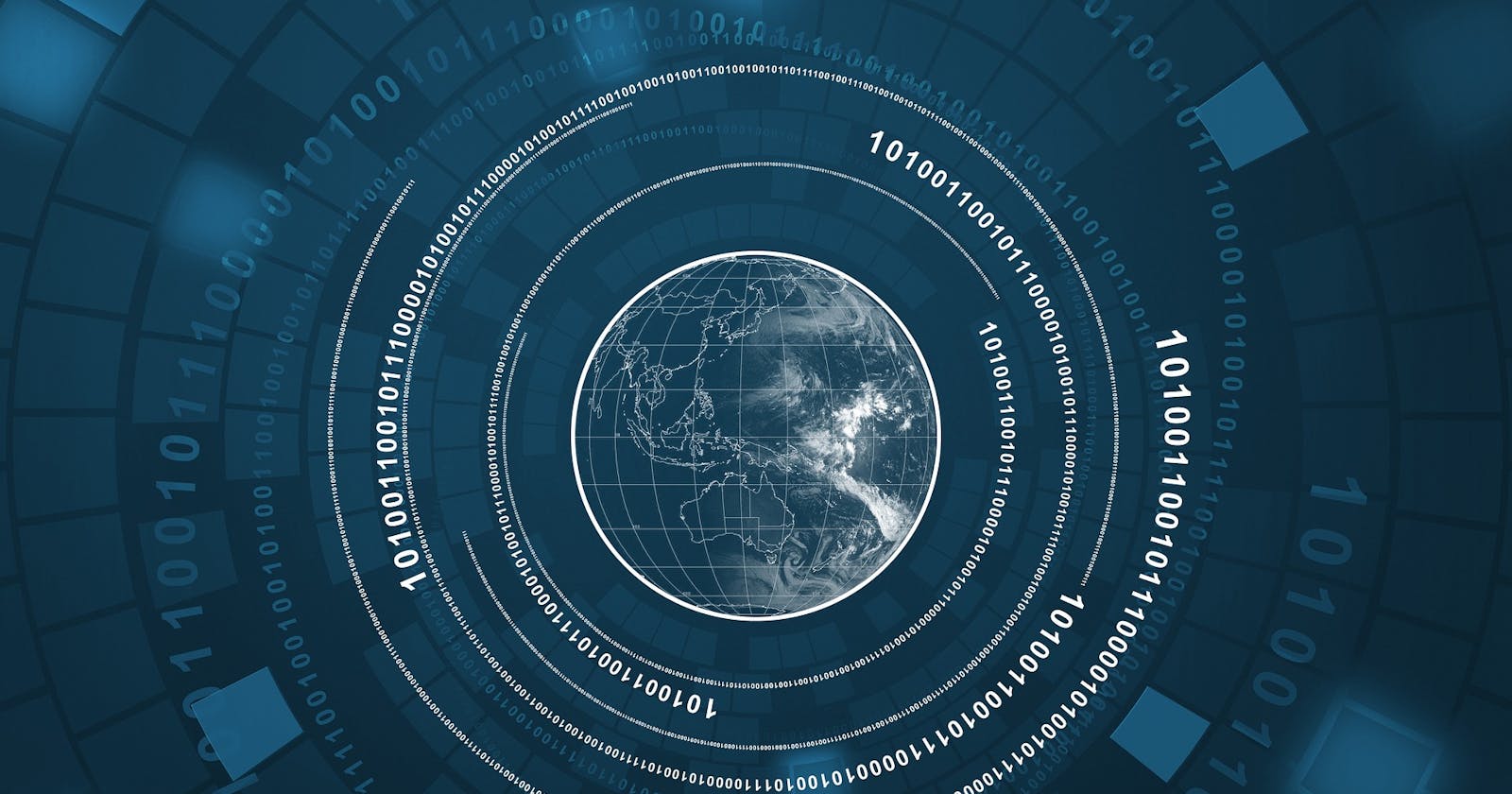Space Explorations and Coding: Possibilities for Building Civilizations on Other Planets
Can code help us build civilizations on other planets? It certainly offers the potential for planetary resilience, reducing our reliance on a single planet and safeguarding against catastrophic events. Exploring and utilizing extraterrestrial resources drives technological advancement, economic opportunities, and scientific breakthroughs.
Space colonization also holds the promise of easing the strain on Earth's resources, preserving ecosystems, and expanding our understanding of the universe. How can creating and advancing code improve this process? Let’s find out.
Importance of Coding
After numerous trials, the successful landing of Perseverance on Mars exemplifies one triumph in the vast realm of space exploration. Achieving such accomplishments relies heavily on precise information derived from previous analyses and accurate space data.
As space exploration evolves, coding assumes an increasingly pivotal role, encompassing Python, Machine Learning, AI, and various other avenues.
Today, we witness the realization of once deemed impossible space missions, rovers, and space stations, powered by supercomputing and coding, which have become indispensable prerequisites, driving advancements in space exploration through the development of productive activities, standardized platforms, and the facilitation of complex algorithms and efficient data analysis.
When Did It All Start?
During the mid-1970s, physicist Gerard O'Neill emerged as a pioneer in contemplating the future of humanity in space. While many scientists were skeptical about the prospects of establishing settlements on planetary surfaces due to inhospitable atmospheres, varying gravity, and the logistical challenges of fueling, O'Neill envisioned a revolutionary concept.
His visionary idea involved constructing colossal cylindrical habitats, floating at a distance from Earth. These settlements would provide a habitable environment inside, featuring forested towns, lakes, and fields where people could reside. O'Neill's concept presented a novel approach to overcoming the limitations of traditional planetary colonization and opened up new possibilities for human habitation and exploration in space.
Sustainable Aspects and Economic Opportunities
According to a new master in space entrepreneurship, the New Space Economy offers the most lucrative opportunities in business for those individuals who would like to launch or grow their company in the space industry and effectively drive their space-related business throughout its lifecycle. This includes exploring the sustainable aspects of space exploration and capitalizing on the opportunities to build civilizations on other planets. Having well-trained professionals with education in this field would lead to intelligent resource management.
Establishing extraterrestrial civilizations requires a sustainable approach to resource utilization, energy management, and environmental impact. By incorporating sustainable practices, such as efficient resource utilization, renewable energy sources, and waste management systems, future space civilizations can strive for long-term viability and minimize their ecological footprint.
Code Sharing
NASA has embraced a collaborative approach to programming by implementing a platform that facilitates code sharing within its team. This practice of reusing code fosters efficiency, streamlines workflows, and accelerates space exploration and mission endeavors.
By leveraging reusable code, NASA can save valuable time and resources, allowing for a more agile and effective development process.
This collaborative coding approach promotes knowledge sharing, encourages best practices, and enhances collaboration among team members, ultimately contributing to the success and advancement of space exploration missions.
Educational Programs that Support Integration of Coding and Space Exploration
Coding has become an essential component of space exploration in recent years, as it is indispensable for the progress of such endeavors. Educational programs leverage coding to empower aspiring scientists and facilitate future missions through the implementation of machine learning, artificial intelligence, and various other technologies.
Microsoft, in partnership with NASA, has developed coding lessons, modules, and training paths that emphasize Python and other programming languages, along with advanced technologies like AI and ML, enabling aspiring coders to gain a comprehensive understanding of space exploration, including the NASA Artemis program.
Coding serves as a crucial tool in solving exploration challenges, ranging from devising strategies for rock sample collection to predicting rocket launches several years in advance. By harnessing the power of coding, scientists and engineers can develop innovative solutions to advance the frontiers of space exploration.
Wrapping Up
Building human civilizations in space as the sole solution for securing the future of humanity is a complex and long-term endeavor, requiring significant scientific, technological, and societal advancements. However, embracing this concept can inspire innovative thinking, encourage international collaboration, and drive progress in various domains, ultimately benefiting our collective future.
Coding has emerged as an indispensable tool in the realm of space exploration, empowering scientists, engineers, and entrepreneurs to push the boundaries of what is possible. From powering complex algorithms to enabling efficient data analysis, coding drives technological advancements and propels scientific breakthroughs.
With each line of code, we pave the way for humanity's remarkable journey beyond Earth, unlocking the mysteries of the cosmos and forging a path toward a brighter future among the stars.

